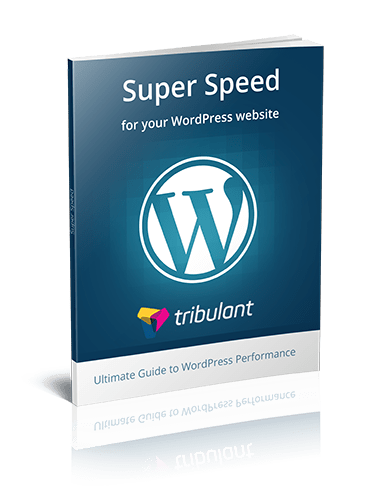
4 Keys To Educational Blogging

4 Keys to Educational Blogging

Among the many blogging subjects, the academic niche not only boasts a huge audience but also ranks among the most lucrative fields. Unlike other niches, educational blogging offers a wide array of topics ranging from tips for better study to the tools to boost a student’s performance.
On the contrary to other blogs, there are multiple factors to consider when starting educational ones. Without addressing these factors, you risk compromising the reach of your marketing strategy and limiting your engagement with the audience.
To ensure success for your bog, we have engaged various parties, thus putting forth these tips for academic blogging. To keep up with content creation, consider creating jobs for writers and getting top-notch content creators with substantial experience in your niche.
1. Knowing Your Audience
Although there are numerous topics to tackle in an academic blog, selecting your specific field may prove to bear more fruit than hopping through the different topics. By majoring in one niche, you gain a spot as an authority, therefore, attracting a vast audience which is seeking guidance in this field.
In doing so, it is critical to consider the interests, age, and common issues which your audience faces. Having discovered these, find the goal you aim to achieve with the blog, and prepare a range of topics that the blog is about to tackle.
As a result of this, you can determine your competitors and the platforms that your audience often engage, therefore informing your marketing strategy.
2. Giving Your Blog A Voice
Depending on your target audience, the tone of your blog may vary. Before content creation, determine the type of content that whets the appetite of your audience.
Next, compare the top competitors within your niche and figure out the cues they employ, which may appeal to the audience. Having done this, settle for a tone of your blogs, and maintain a uniform style for all your content.
3. Marketing
Among the reasons as to why many academic blogs fail, poor marketing strategies rank top of the list. During your preparatory stages, determine the platforms on which your audience spends their time. Next, find the approach that is most likely to win their approval.
After this, prepare short content for your social media platforms and engage the influencers within the platforms. After getting your audience, retain the consistency of posting content, thus keeping your readers interested.
Additionally, you may opt to invest in links, therefore, increasing your ranking and earning more conversions.
4. Make Your Articles Thought-Provoking
Unlike typical blogs, academic blogs are meant to change the method in which the students approach matters and solve problems. As such, be elaborate with your ideas and spark a conversation among students on the topics you are handing.
Possibly, engage the audience before creating content to gain clarity on the topic and issues you ought to address.
On contrary to other forms of blogging, academic blogging aims to indulge your audience and influence the way they perform various tasks. Thus, by following the above tips, you can put forth enthralling pieces and build a successful educative blog.
Website & Email Hosting
Get the best website & email hosting for speed, security, and peace of mind. No restrictions. Freedom to do what you need in order to run your business.



This is a very helpful information. thanks for sharing